
Category
#Politics

France relaunches EV leasing scheme for low-income households
17.07.2025

Hanoi to ban ICE motorcycles in the city centre
16.07.2025
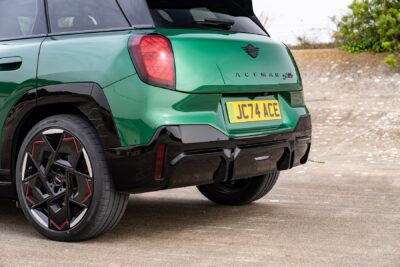
UK announces new EV subsidies
15.07.2025

Scotland launches £2 million fund to accelerate HGV decarbonisation
14.07.2025
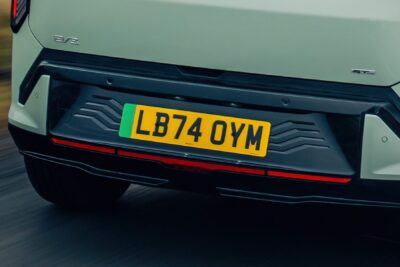
UK launches new multi-billion pound push for electric mobility
14.07.2025
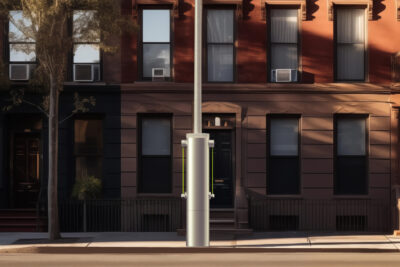
New York releases millions in funding for EV & grid projects
09.07.2025

Luxembourg bus operators accused of subsidy fraud
08.07.2025
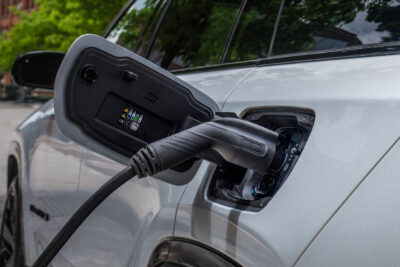
It’s official: US tax credit for EVs to end in September
07.07.2025
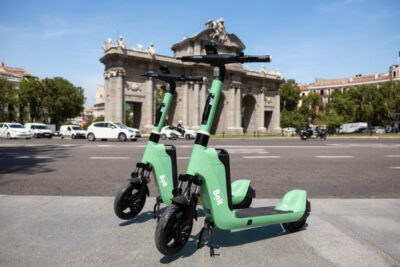
Germany considers issuing new electric scooter regulations
01.07.2025

US Senate wants to end EV tax credit even earlier
30.06.2025

EU to exempt electric trucks from tolls until 2031
30.06.2025

Ireland introduces green ‘flash’ plates for EVs from July
27.06.2025

District judge declares withholding of federal charging infrastructure funds unlawful
25.06.2025

New York expands truck voucher incentive programme
23.06.2025

Pakistan rolls out new EV policy with about 30 mn euros in subsidies
23.06.2025
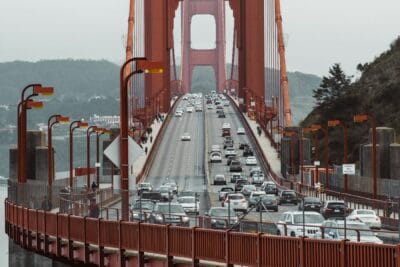
US Supreme Court ruling threatens California’s EV mandate autonomy
23.06.2025

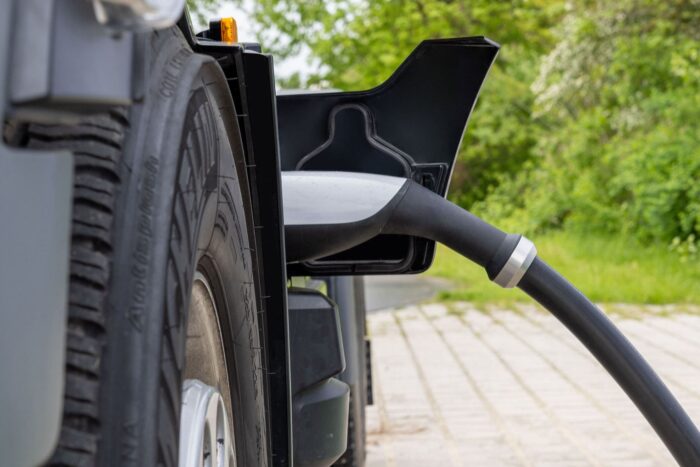



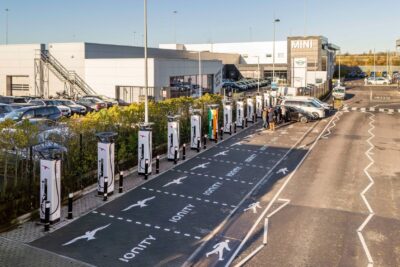
Last commented